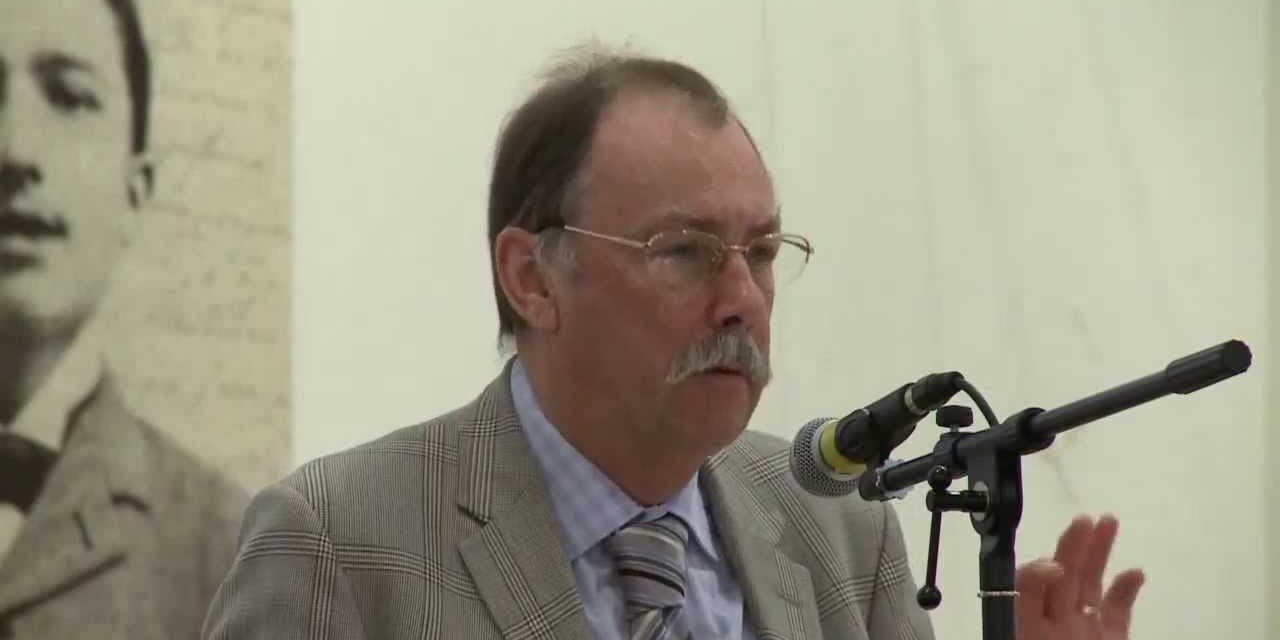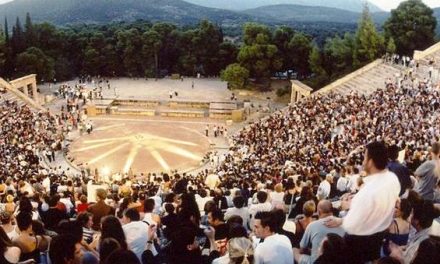British Neohellenist Roderick Beaton spoke to Kathimerini and Tasoula Eptakoili during his recent visit in Greece on the occasion of his honorary proclamation, on September 9, as Commander of the Order of Honour by the President of the Hellenic Republic Prokopios Pavlopoulos. Roderick Beaton, Emeritus Koraes Professor at Kings College London, is a renowned specialist on Modern Greek History, Language, and Literature; his publications include two monographs on George Seferis and Lord Byron, an introduction to Greek literature and an edited volume on Modern Greece in the 19th century. Professor Beaton continues to be a dedicated scholar and has just published Greece: Biography of a Modern Nation (Allen Lane, 2019), which is soon to be translated and published in Greek. His engagement with Greek historiography remains active and critical, mainly from the perspective of intellectual history: as he had the occasion to point out to Kathimerini, the bicentenary of the Greek War of Independence in 2021 will be an opportunity for a critical revisiting of some controversial topics – or “myths” – that might have actually become relevant again in the aftermath of the recent economic crisis. Professor Beaton did not fail to remind that the period of the War of Independence was also the first instance of foreign loans and ensuing debts for Greece. This revisiting of the early years of the Modern Greek State, Professor Beaton went on, might also entail a reappraisal of some historical figures that have been relatively overlooked in Greek historiography, such as Alexandros Mavrokordatos or King George I.
On a more personal note, having visited Greece numerous times over the last four decades, Professor Beaton spoke of his own personal view of the changes that the country has undergone. As he put it, the eighties signaled an important turn in terms of development as well as in terms of lifestyle, meaning that Greece came closer to a more standardized Western European way of life. Nonetheless, this did not alter some fundamental societal values that still lie at the core of Greek culture, namely a broader sense of belonging that has possibly been imbued by Christian Orthodox communal ideals, Professor Beaton suggested. This might actually help explain the solidarity that Greek society has generally shown towards underprivileged groups and refugees in the course of the recent crisis.
Despite the recent hardships that Greece has undergone, the country did not steer away from a moderate course. More importantly, at a time when a strong, united Europe is urgently needed in an increasingly volatile global and regional environment, Greece has consistently remained dedicated to its European vision; this certainly allows Professor Beaton to be optimistic for its future.
TAGS: EDUCATION | GLOBAL GREEKS | HISTORY | LITERATURE & BOOKS














